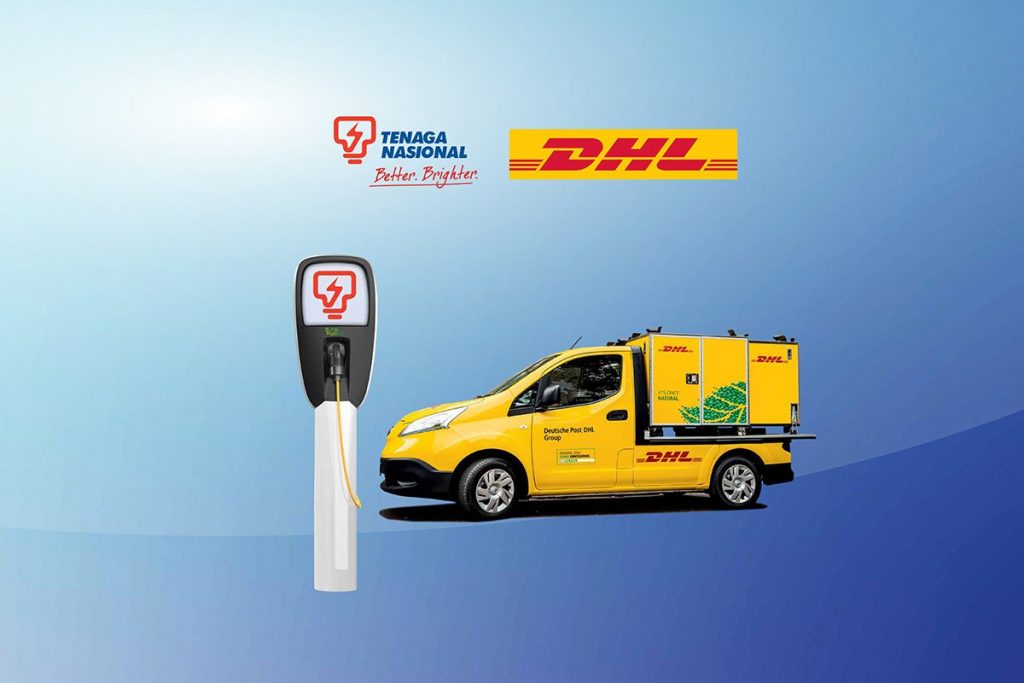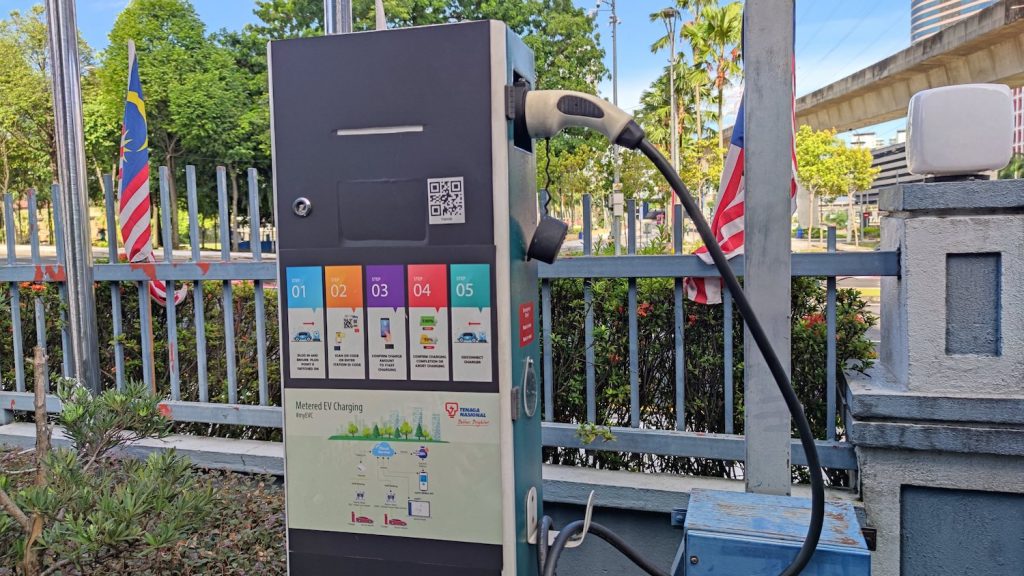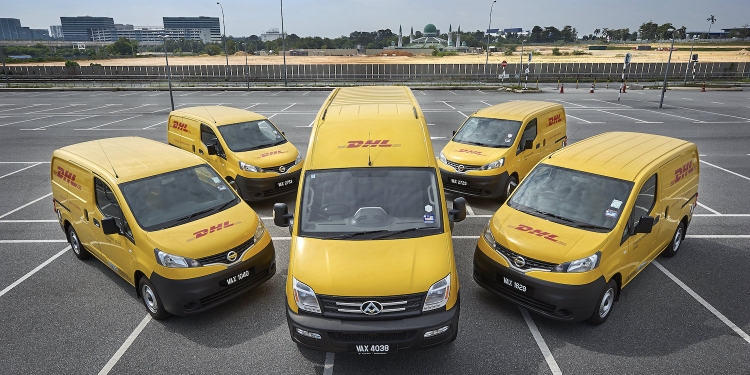Tenaga Nasional Bhd (TNB) and DHL Express Malaysia (DHL) have formed a partnership and entered into a memorandum of understanding (MoU) to have DHL introduce fully electric vehicles (EVs) into their fleet.
The MoU also includes an agreement between the two companies to invest in green technology such as energy-efficient equipment. They also want to start building rooftop solar panels and energy management systems.

DHL’s plans for a greener future
DHL Express Malaysia plans to start deploying their fully electric vans in the first half of 2022. This is in line with their goal of becoming carbon-neutral by 2050.
“We are committed to electrifying 60% of our fleet by 2030 and since the last three months from the date we signed the MoU, we have actually progressed quite a bit,” said DHL Express Malaysia and Brunei managing director Julian Neo.
EVs will be suitable for DHL as the range of these EV vans fits their average trip distance pretty well. DHL vehicles travel up to 180km on a daily basis on average, and seven hours of charging provides 200km of range, which is more than enough for DHL’s needs.
Other than EVs, the Deutsche Post DHL Group is investing a total of EUR 7 billion (about RM35 billion) in climate-neutral logistics over the next decade.
“We also want to be a leader in sustainability in logistics aviation. We plan to increase sustainable aviation fuel blend to at least 30% by 2030. We also plan to introduce carbon neutral buildings; we are going to design 100% of all new buildings with carbon neutral,” Neo continued.
TNB will support EV infrastructure in Malaysia
TNB will be providing EV infrastructure such as charging stations at DHL service centres, and have their eyes set on electrifying the entire country.

TNB’s current renewable energy generation rate is 3,402MW, but they plan to increase it to 8,300MW by 2025. According to TNB chief retail officer Datuk Ir Megat Jalaluddin Megat Hassan, they also plan to be a carbon-neutral company by 2050.
“Together with the government’s support, it is only a matter of time before EV becomes commonplace in the country, which is our objective. In a sense, TNB is ready to electrify the green agenda of Malaysia” Megat Jalaluddin says. “In our sustainability journey, we are committed to deploying initiatives that include our plan to reduce carbon emissions to 35% and coal generation to 50% by 2035.”
[ SOURCE ]








